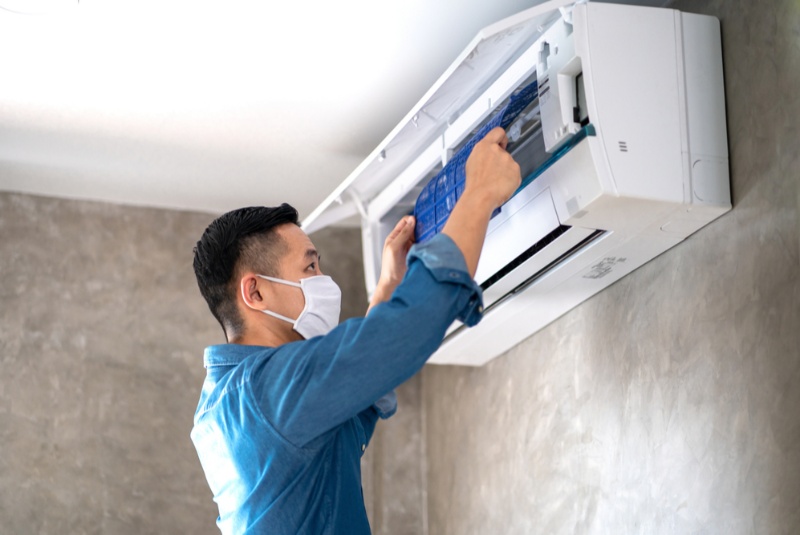Home repairs are an inevitable part of being a homeowner. From leaky faucets to roof replacements, the costs can add up quickly, leaving you with a significant dent in your budget. However, with strategic planning, a proactive mindset, and some DIY spirit, you can save substantial sums on these necessary expenses. Here are some practical strategies to help you save money on home repairs.
1. Regular Maintenance:
The first strategy for saving money on home repairs is proactive maintenance. Regularly inspecting your home for small problems can prevent them from escalating into costly repairs. Check your roof for missing shingles, your walls for cracks or mold, your HVAC system for proper functioning, and your plumbing for any leaks. By catching issues early, you can deal with them when they’re still minor and less expensive to fix.
2. DIY Repairs:
Embrace the do-it-yourself culture to save on labor costs. Many home repairs are simple enough to be handled without professional help. There’s a wealth of online resources, including video tutorials, blogs, and forums, that can guide you through a wide variety of home repairs. However, it’s important to know your limits. Some repairs, especially those involving electricity or structural changes, should be left to professionals to avoid causing more damage or risking personal injury.
3. Invest in Quality Materials and Appliances:
While it may seem counterintuitive, investing in high-quality materials and appliances can save you money in the long run. Cheap materials and appliances often wear out faster and need to be replaced more frequently. By choosing quality products with good warranties, you can reduce the frequency of repairs and replacements, ultimately saving money over time.

4. Get Multiple Quotes:
If you need to hire a professional for a repair, don’t settle for the first quote you get. Instead, reach out to multiple contractors and get estimates from each. This will give you a better understanding of what the repair should cost and enable you to negotiate more effectively. Remember, the cheapest quote isn’t always the best choice. Look for a balance between cost and quality.
5. Learn Basic Home Maintenance Skills:
Investing time in learning basic home maintenance skills can lead to significant savings. Understanding how to unclog drains, replace faucets, fix minor leaks, paint walls, or perform basic carpentry can save you the cost of hiring professionals for these tasks. Community colleges and adult education programs often offer affordable courses in home repair and maintenance.
6. Plan and Budget for Repairs:
Lastly, it’s essential to plan and budget for repairs. Set aside some money each month for home maintenance and repairs. This way, when a repair is needed, you won’t be caught off guard and forced to dip into your savings or use credit. If you know an appliance is nearing the end of its lifespan, start saving for its replacement ahead of time to spread the cost.
Saving money on home repairs is all about being proactive, resourceful, and strategic. By taking the time to maintain your home, learning some basic repair skills, and planning ahead, you can keep your home in top shape without breaking the bank. Remember, the goal isn’t just to save money but to create a safe and comfortable living environment for you and your loved ones.




